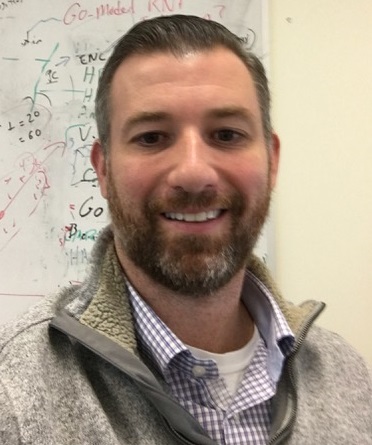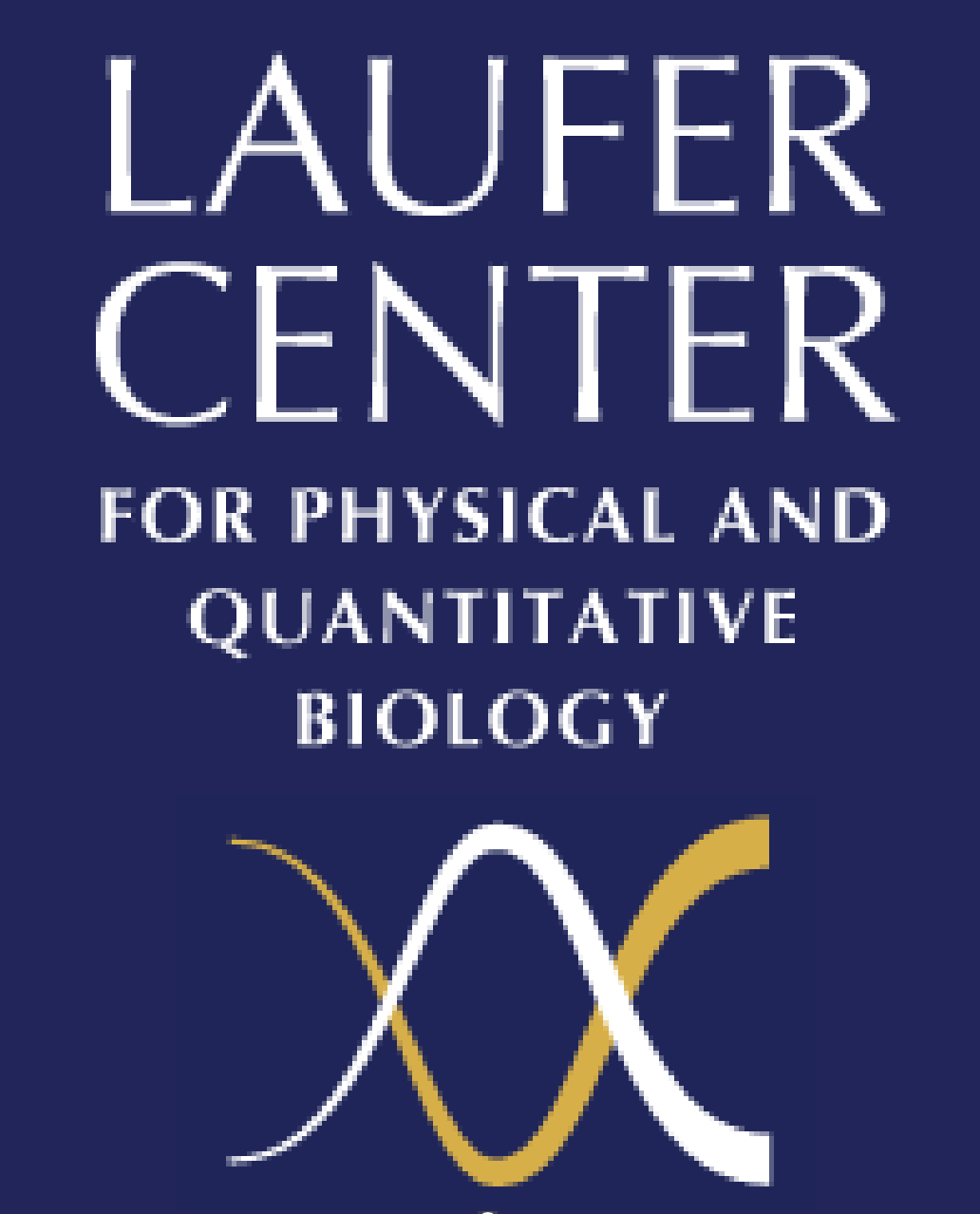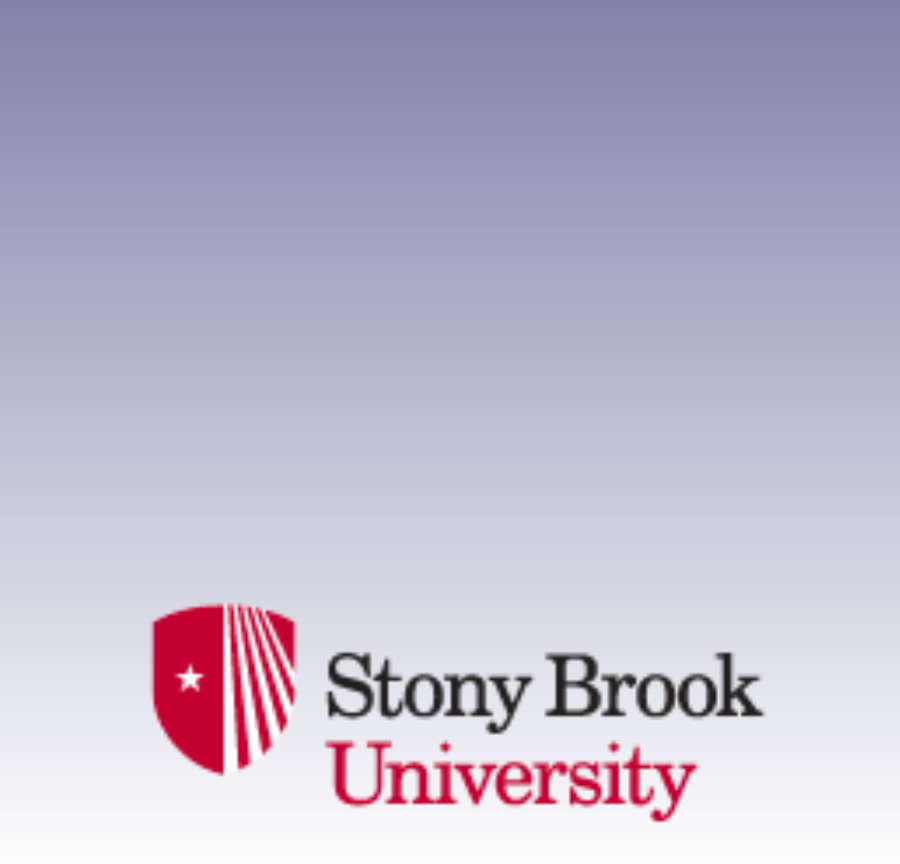Events Calendar
Eric R. May
Friday, May 03, 2019, 02:30pm - 03:30pm
Hits : 2772
Contact Carlos Simmerling, Host
Associate Professor
Department of Molecular & Cell Biology
University of Connecticut

Department of Molecular & Cell Biology
University of Connecticut

Multiscale Modeling of Complex Systems and Processes Involving Peptides and Membranes
Membranes are ubiquitous in biology, from providing an outer membrane to enclose the cell to internal membranes sub-dividing cells into different organelles. Cellular membranes are complex entities containing a variety of lipid species and can containing numerous peripherally and integrally associated proteins and protein complexes. These membranes are dynamic entities as well, as spatial segregation of both protein and lipid components as well as shape remodeling are critical for numerous biological processes. In addition, membranes provide a protective barrier against invading species such as viruses, bacteria or antimicrobial peptides in the case of bacterial cells. Furthermore, increasing examples of lipid specificity towards the functional state of different protein enzymes and signaling complexes has been revealed in recent years. In this presentation I will discuss our work on multicomponent bilayers, where we have been investigating the interplay between lipid composition, bilayer mechanical properties and curvature. Our motivation for these studies is understanding the role of the mitochondrial lipid cardiolipin and how that unique lipid may impart unusual properties on the highly curved mitochondrial inner membrane. I will also discuss work on peptide-membrane interactions in the Flock House virus system. This is a model system for non-enveloped (membrane lacking) viruses, which has membrane disrupting peptides as part of the virus capsid. I will present results on atomistic simulations on the peptide membrane association, peptide folding, peptide insertion and pore formation processes. I will discuss the challenges of modeling these complex systems and processes, and present recent work trying to evaluate sampling quality along slow degrees of freedom and using non-uniform, adaptive sampling approaches to reduce the computational expense in calculating free energy surfaces.
Location Laufer Center Lecture Hall 101
Refreshments following lecture in Laufer Hub 110


